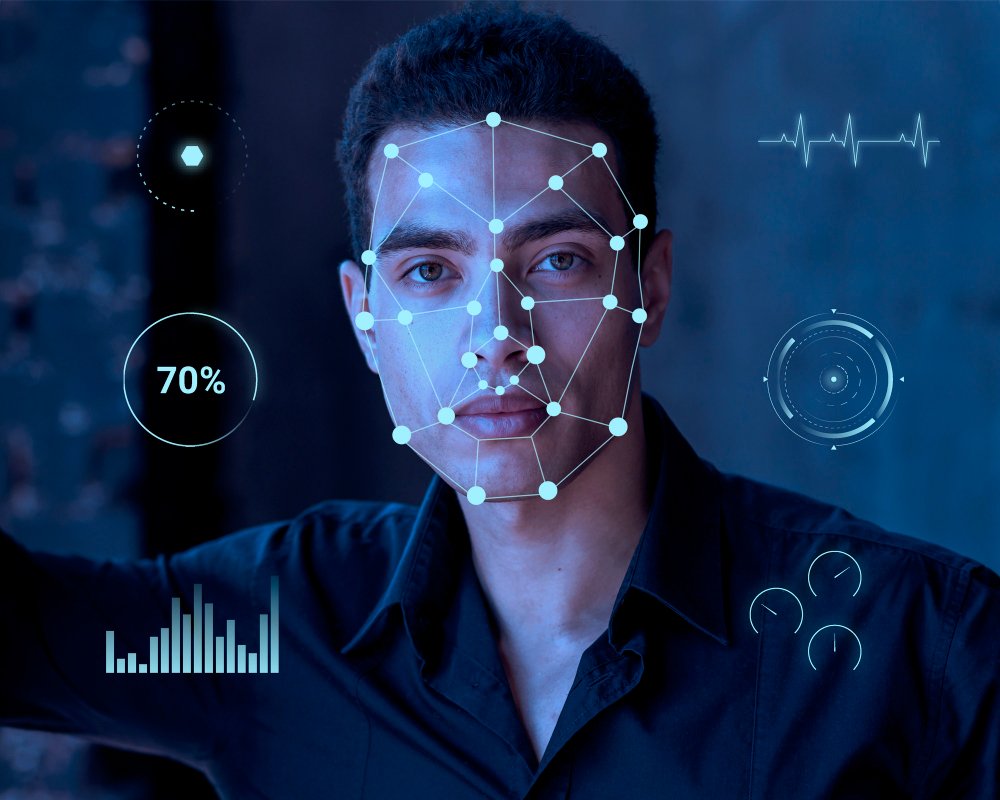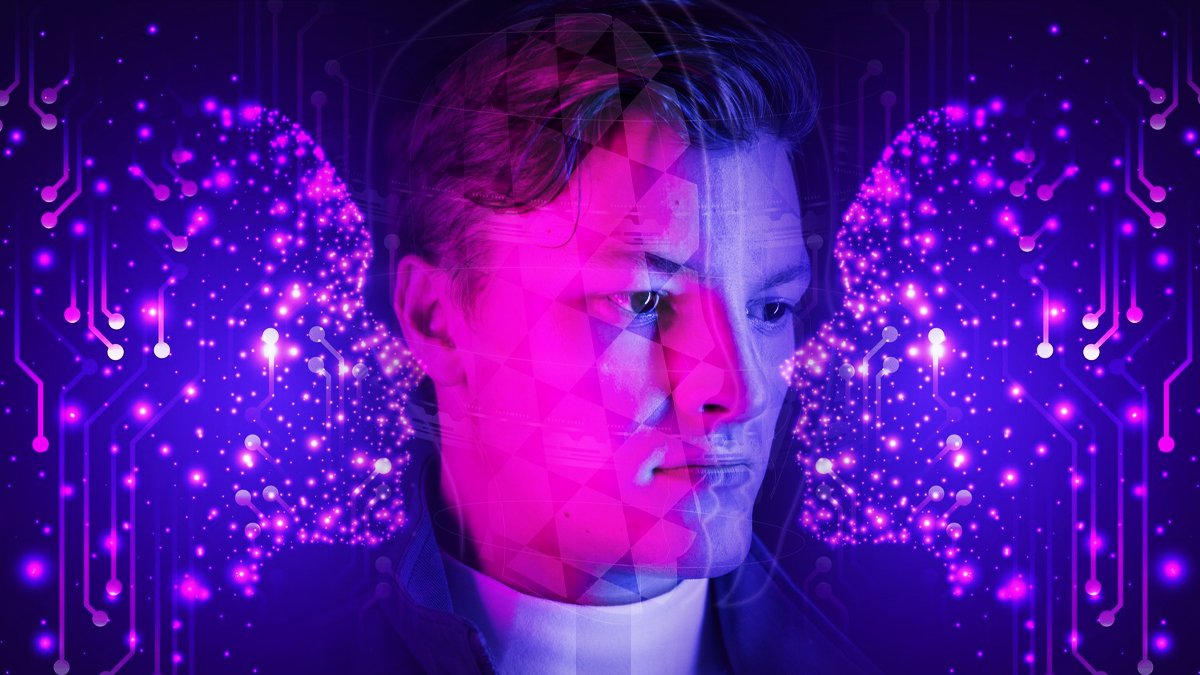Lors de la récente réunion de Davos en 2023, Satya Nadella, CEO of Microsoft, addressed the exciting topic of the future of work. Discussions focused on the importance of human skills, especially in a world where artificial intelligence is becoming increasingly present in our professional lives.
Satya Nadella bets on artificial intelligence as a co-pilot for future workers
According to Nadella, artificial intelligence (AI) will not completely replace workers but will instead act as a co-pilot to assist them in their daily tasks. This idea is also shared by the World Economic Forum, which regularly examines the evolution of technologies, jobs, and skills through its Future of Jobs report.
Nadella also spoke about the issue of productivity at work, a major concern for many policymakers, including in the United Kingdom, where productivity has remained stagnant for several years. To address this, he advocates a data-driven approach to find new effective work models.
Soft skills learning: a key issue for the future of work
In addition to the importance of AI as a tool for assistance rather than substitution, Nadella also emphasizes the essential role of human skills in the future of work. Indeed, he believes that employee loyalty to an organization can only be achieved if they feel professionally fulfilled and regularly acquire new skills.
This particularly includes soft skills, such as communication and team management, which are often overlooked compared to technical skills. On the other hand, these skills enable better collaboration with intelligent machines and a better understanding of human needs within the company.

Three key trends to prepare for the future of work
During their discussions in Davos, Nadella and Klaus Schwab, founder and executive chairman of the World Economic Forum, identified three major trends that will shape the evolution of the world of work in the coming years:
1. The synergy between artificial intelligence and human skills
As mentioned earlier, artificial intelligence is expected to act as a co-pilot for future workers, providing them with valuable assistance to perform their tasks. This will require close collaboration between machines and humans, as well as a deep understanding of each other’s strengths and weaknesses.
2. The establishment of new flexible work models
According to Nadella, organizations will need to adapt to a constantly evolving work environment by offering more flexible work models for their employees. This notably includes the possibility of working remotely or adopting less rigid schedules, which should lead to increased productivity and well-being at work.
3. The emergence of new professional skills
Finally, new skills will be essential in the future of work, such as the ability to work collaboratively with intelligent machines or in-depth knowledge of emerging technologies. To remain competitive in the market, companies will need to invest heavily in the skill development of their employees, whether through continuous training or mentoring programs.
In summary, the future of work appears to be marked by a close coexistence between artificial intelligence and human skills, each adding its value to jointly tackle future challenges. The key to success will certainly lie in our ability to continually adapt to these new realities and make the most of this complementarity.






